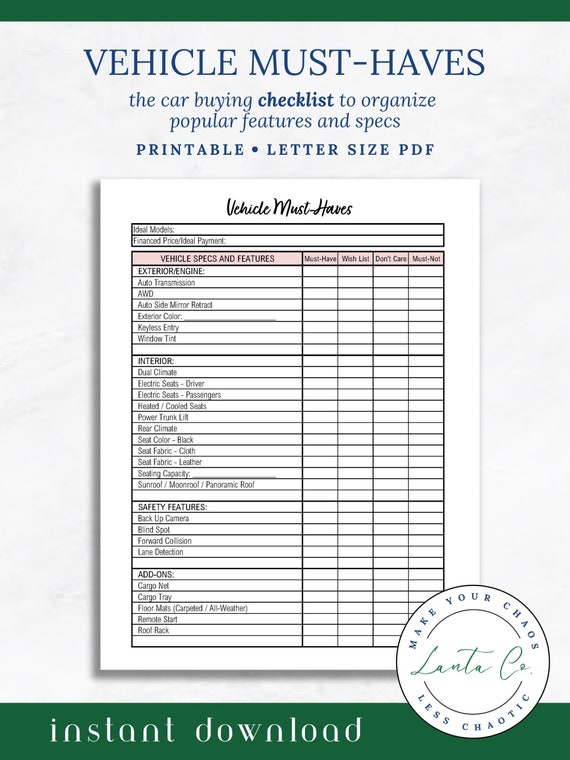Legal Insights Hub
Your go-to source for the latest in legal news and information.
Don't Let Dealers Trick You: Savvy Car Buying Secrets
Unlock the secrets to outsmarting car dealers! Discover savvy tips for a stress-free, smart car buying experience. Don't get fooled!
Top 5 Dealer Tricks and How to Avoid Them
When entering a dealership to purchase a vehicle, it's crucial to be aware of various sales tactics that can lead you to spend more than necessary. One common trick is the 'lowball offer', where a dealer quotes a price far lower than the actual cost of the vehicle, enticing you to negotiate. This can be avoided by conducting thorough research on the vehicle's market value beforehand and sticking to your budget. Knowledge is power in this environment, so be prepared to walk away if the deal seems too good to be true.
Another tactic is the 'add-on fees' strategy, where dealerships surprise you with additional charges not discussed during negotiations. These can include documentation fees, dealer preparation fees, or add-ons for options you may not want. To avoid being caught off guard, always ask for a detailed breakdown of all costs involved and question any unexpected fees. Taking these steps ensures you are fully informed and less likely to fall victim to the dealer's tricks.

The Ultimate Car Buying Checklist: What You Need to Know
Buying a car can be an exhilarating experience, but it's important to approach it with a plan. Here’s The Ultimate Car Buying Checklist that ensures you cover all necessary aspects before making your purchase. Start by determining your budget:
- Evaluate your finances and decide how much you can afford.
- Consider additional costs such as insurance, maintenance, and fuel.
- Explore financing options if you're not paying in cash.
Once you know your budget and preferences, the next steps involve research and inspection. Use reputable sites to research your desired models, and read reviews from other buyers as well as expert opinions. Check the vehicle history report for used cars, and don't forget to schedule a test drive. When you visit dealerships, be ready to negotiate:
- Know the fair market value of the car by comparing prices.
- Be prepared to walk away if the terms are not satisfactory.
- Always review the financing terms and conditions before signing.
Questions to Ask Before Signing the Dotted Line
Before committing to any agreement, it is crucial to ask the right questions to avoid potential pitfalls. Start by examining the terms and conditions thoroughly; inquire about the duration of the contract, any clauses that may lead to penalties, and the overall scope of work. Additionally, ask about the performance metrics that will be used to gauge success, and ensure that both parties have a shared understanding of what constitutes satisfactory completion.
Another essential factor to consider is the financial implications of the agreement. Request a clear breakdown of costs, including any hidden fees that may not be immediately evident. It’s also wise to ask about payment schedules and conditions for any future changes in the agreement. By obtaining clarity on these aspects, you can better assess whether the terms align with your budget and long-term objectives.